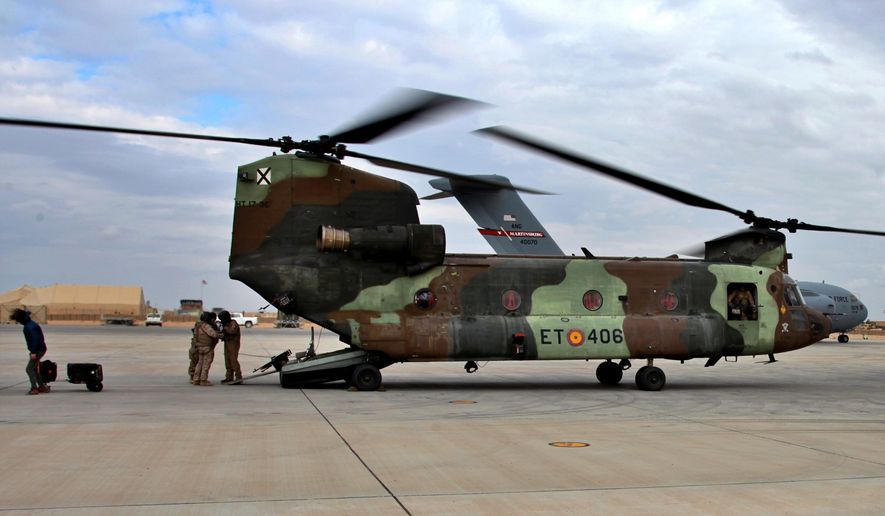Iraqi Ambassador to the U.S. Fareed Yasseen says his country aspires to be the “Switzerland” of the Middle East and will resist being drawn into the escalating clash between the U.S. and Iran.
With the tensions between Washington and Tehran increasingly being played out on Iraqi soil, Iraq’s foreign policy must be one of “proactive neutrality,” the envoy told an audience Wednesday at the National Council on U.S-Arab Relations. The U.S. is Iraq’s biggest military ally, while Iran has deep economic and religious ties to its neighbor and has established close links with powerful Iraqi Shiite militia groups.
Iraqi officials are attempting to transcend tricky geopolitics in the region as tensions are on the rise. The Trump administration’s withdrawal from the 2015 nuclear deal and the re-imposition of punishing U.S. sanctions on Iran and its trade partners has made the balancing act even more precarious.
Mr. Yasseen argued that it is in Iraq’s interest to maintain a strong relationship with neighbors in the region, as well as the United States.
“Iraq has to maintain relationships with the ‘Axis of Evil’ as well as the ‘Great Satan,’ ” he joked.
U.S.-Iraq relations took a rocky turn in January. After Iran-backed militias attacked an American base, President Trump responded with a drone strike in Baghdad that killed a top Iranian military commander and a well-known Iraqi militia leader. Iran then launched missiles at two bases in Iraq where American troops were based, causing no fatalities but leaving more than 100 U.S. soldiers with lingering brain injuries.
Mr. Yasseen noted that in the wake of the “mother of all escalations,” Iraq’s parliament voted to demand the withdrawal of some 5,000 U.S. combat troops in the country. The Baghdad government has yet to act on the demand, but “Iraqi sovereignty is something that is non-negotiable,” the ambassador said.
Mr. Yasseen said there was even an opening for cooperation amid the rancor. In the wake of coronavirus outbreak in Iran, the ambassador noted, fighting the spread of the virus is “one hell of a good reason to work together.” He noted that U.S.-Iran tensions subsided between 2014 and 2018 when the two countries were both engaged in the fight against Islamic State.




Please read our comment policy before commenting.